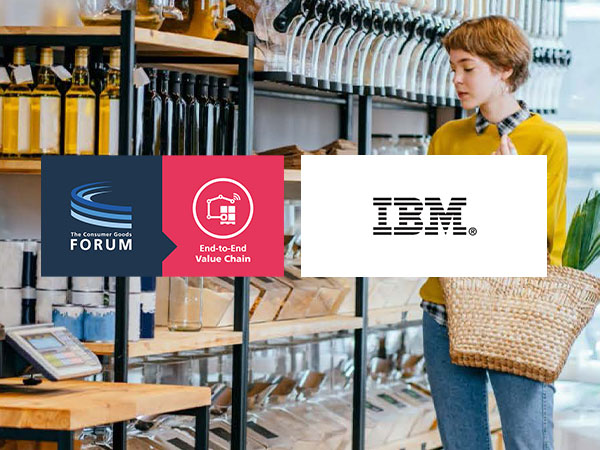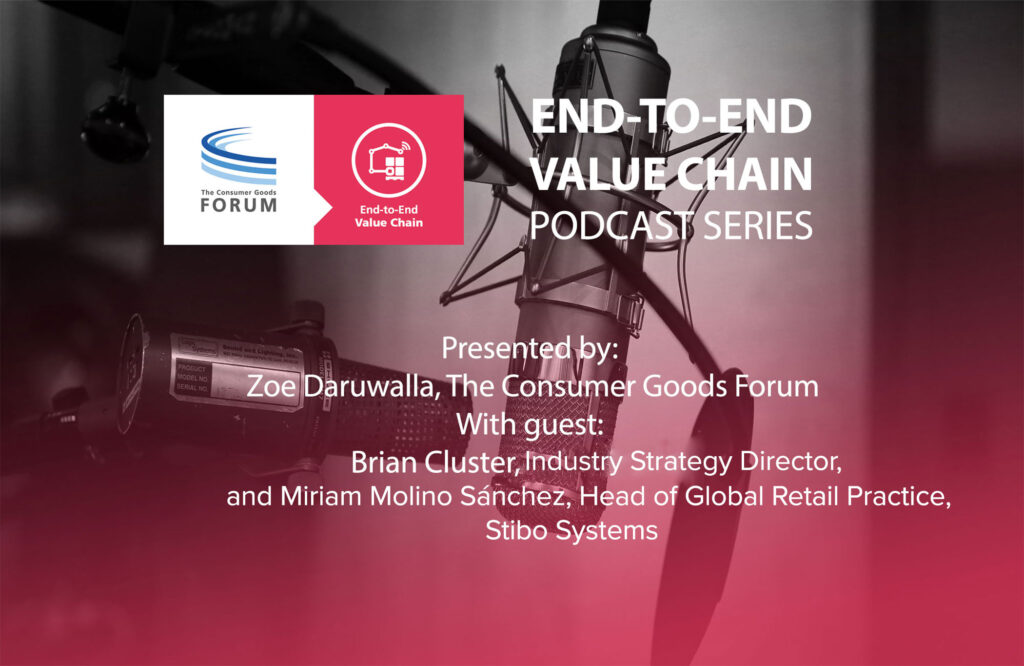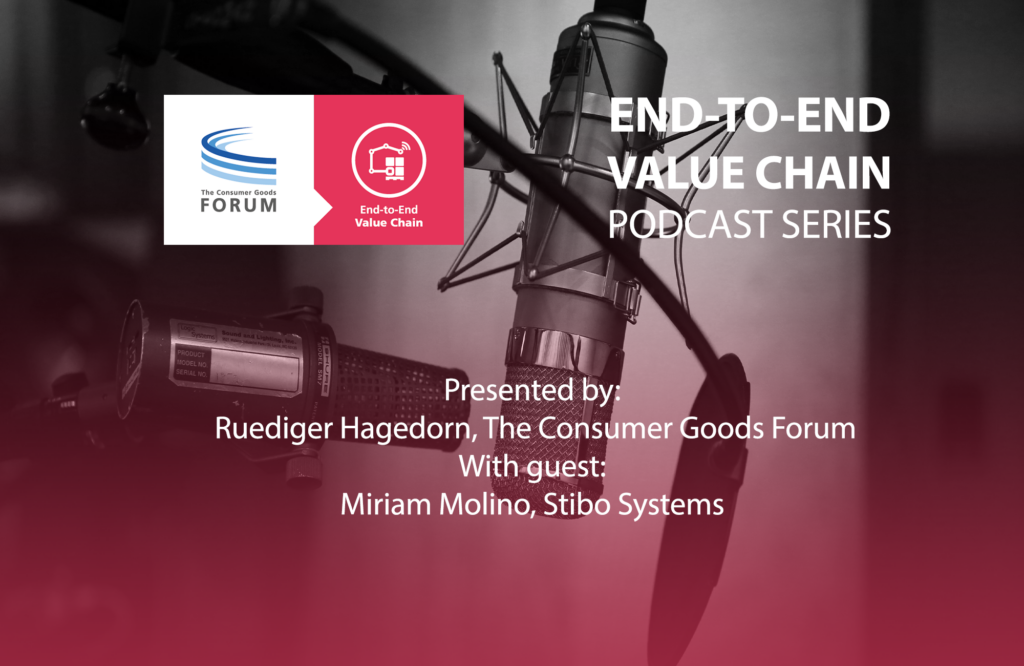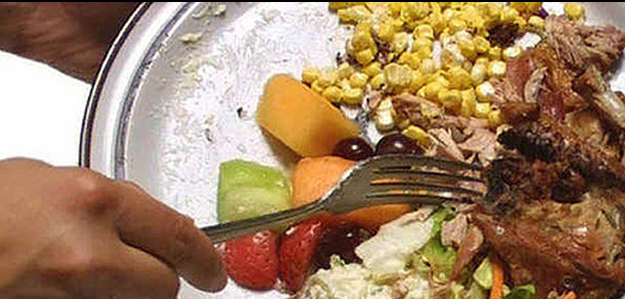Explore Tags
#Food Waste, #Global Summit, #Supply Chain, #Mondelēz International, #Carrefour, #Walmart, #Unilever, #PepsiCo, #Tesco, #CGF latam, #executive summary, #Employee Wellbeing, #Sustainable Supply Chains, #Climate Action, #Case Study, #summit, #consumer goods forum, #data, #summit summary, #P&G, #Plastic Waste, #Dirk Van De Put, #Frans Muller, #Grupo Bimbo, #Product Data, #Wai-Chan Chan, #CGF, #Human Rights Due Diligence,










